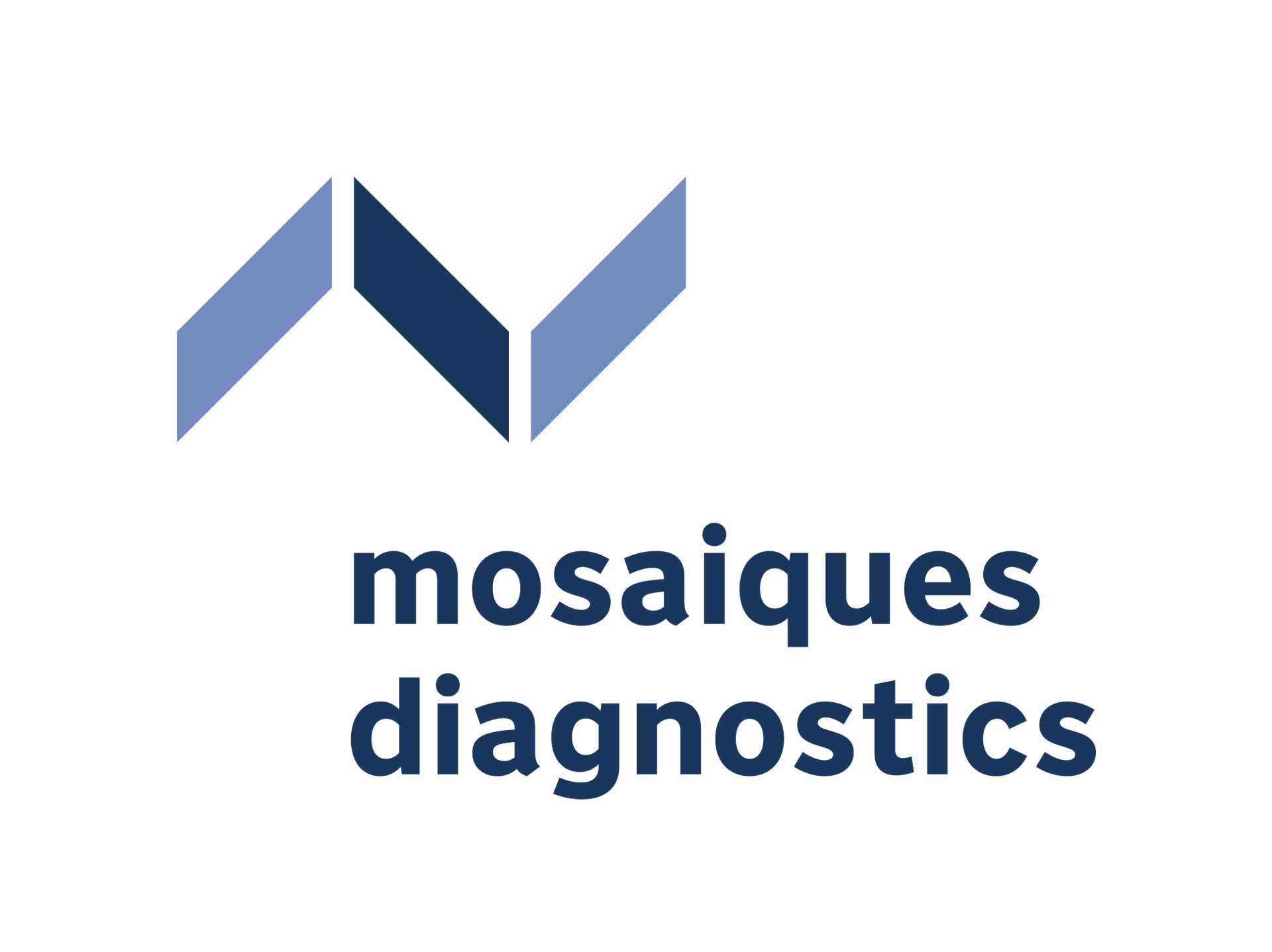AGI and Proteome Analysis: The Molecular Symbiosis of Diagnostics and Therapy
The integration of Artificial General Intelligence (AGI) into proteomic analytics opens up new dimensions for understanding pathophysiological processes and developing individualized therapeutic concepts. This combination represents a paradigm shift in biomedical research and holds the potential to fundamentally transform medical knowledge generation and clinical decision-making.
Modern proteome analysis enables the identification and quantification of more than 12,000 disease-specific proteins and a multitude of their peptide fragments. These high-resolution molecular data provide detailed insights into the functional manifestation of diseases—both in terms of general patterns and their individual molecular signatures.
By applying AGI-driven analytical methods, these complex datasets can be correlated with unprecedented depth. AGI detects patterns, interactions, and causal relationships between different disease processes, allowing for the prediction of comorbid developments and the determination of optimal therapeutic pathways.
This close interconnection of intelligent data integration and molecular precision diagnostics marks the beginning of a new era in personalized medicine:
A
molecular symbiosis of proteomic diagnostics and individualized therapy.
